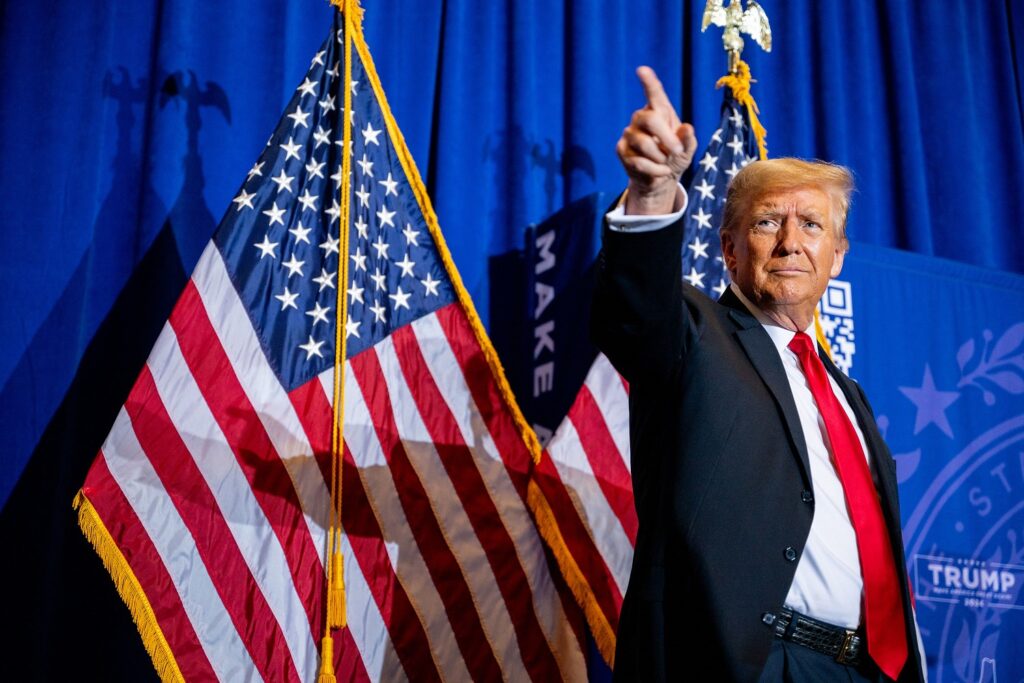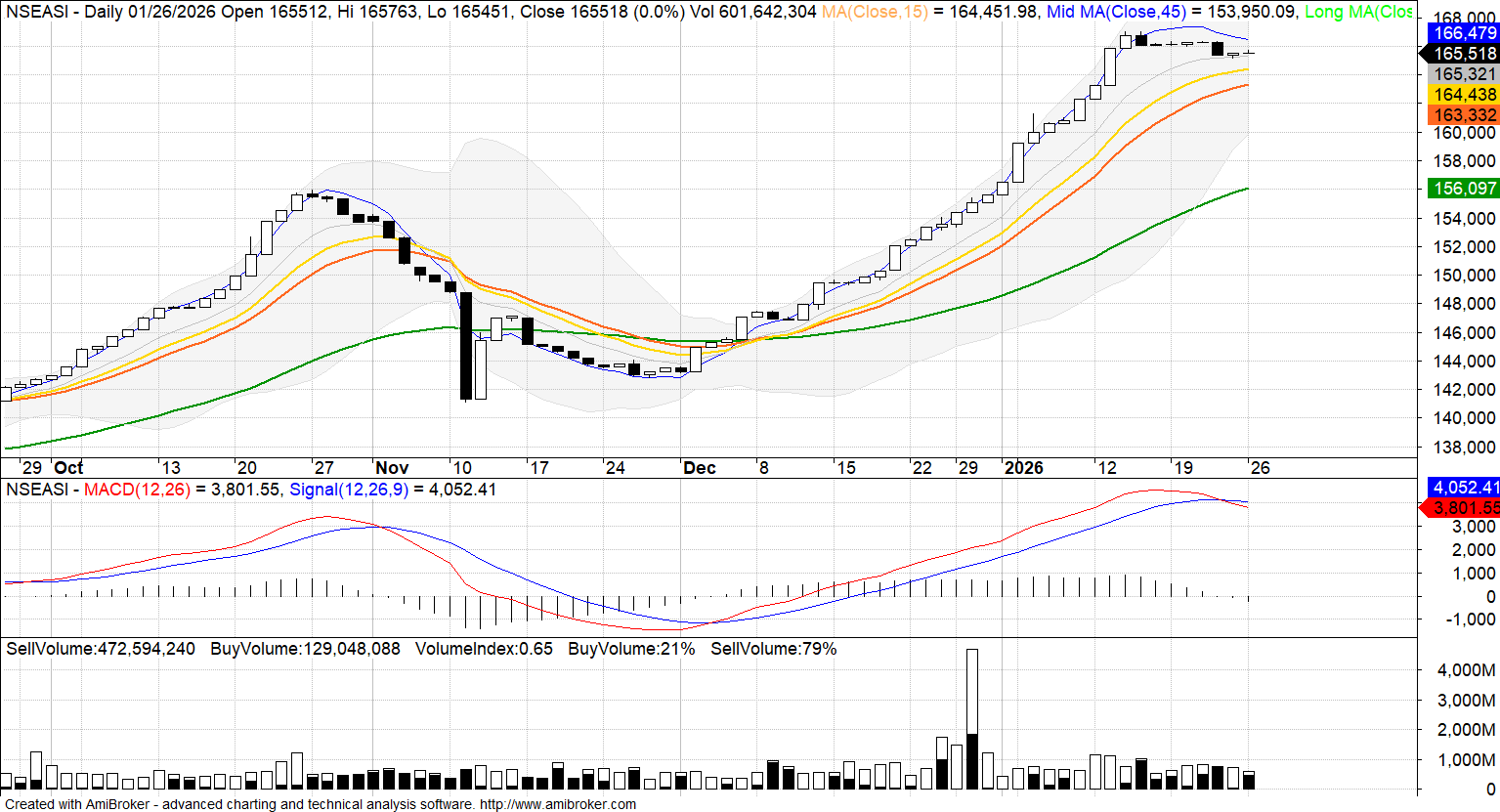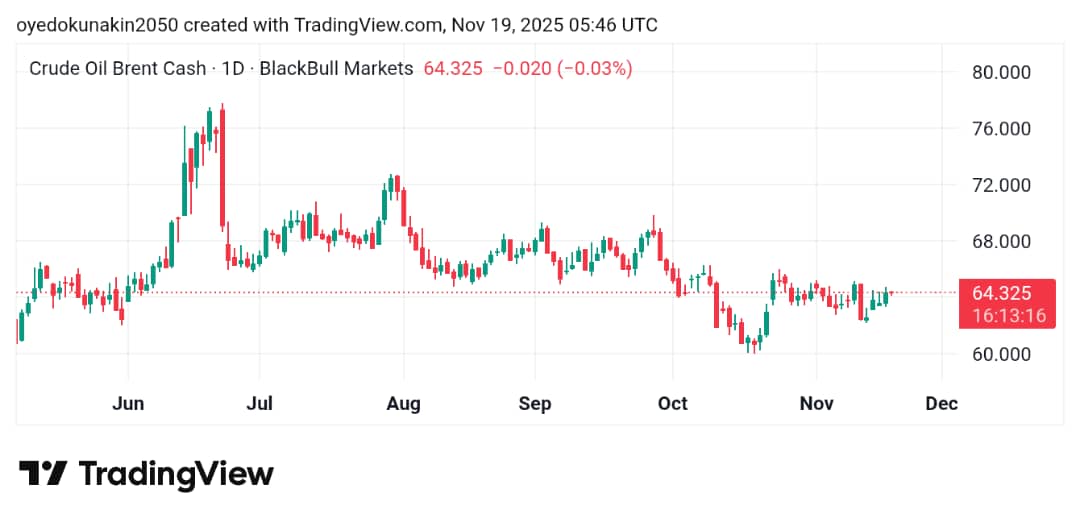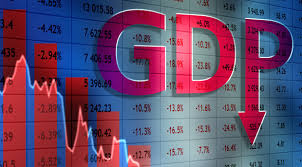
By Nigel Green
Alongside immigration, Donald Trump, now on his way back to the White House, campaigned hard on inflation and providing relief to American consumers.
His message echoed in rallies across the country, with Trump asking supporters, “Are you better off than you were four years ago?”
This line struck a chord with many, providing in part the foundation for his latest electoral victory.
But while Trump’s promises of reducing inflation and easing financial pressure resonate with voters, the critical question remains: Can Trump really bring prices down?
Nigel Green, CEO of deVere Group, one of the world’s largest independent financial advisory and asset management organizations, believes the answer is likely no.
In fact, he suggests that Trump may very well be an inflationary force, not a solution.
“The battle against inflation has been won to a large extent. However, for many Americans, this victory remains largely theoretical,” says the deVere Group chief executive.
“In the grocery store, at the gas pump, or when paying for basic services, the feeling of relief has yet to materialize. Prices are still noticeably higher than they were just a few years ago, and despite some positive economic signs, the pain of inflation is still being deeply felt.”
The reality, Nigel Green continues, is that while inflation data may show progress on paper, Americans are still struggling with a rising cost of living.
“Families, who once felt the sting of skyrocketing prices during the pandemic’s peak, continue to face financial strain. For many, the simple act of shopping has become a much more expensive ordeal. Even if key economic indicators reflect a victory in the battle against inflation, the everyday reality for consumers is anything but victorious.
“The inflation hangover continues to weigh heavily on families, and it’s hard to feel the victory when your dollar buys you less at the checkout counter,” Nigel Green explains.
So, when it comes to Trump’s policies, will they really bring prices down? The truth may be more complicated than campaign messaging suggested.
Trump’s tariffs, particularly those imposed on Chinese goods, were a key pillar of his economic platform during his first term, and they have remained a central feature of his messaging.
“But tariffs are not just political tools; they are an economic burden that Americans are already bearing. Tariffs act as a tax on imports, which inevitably gets passed down to consumers.
“While Trump’s stated goal is to protect American industries, the effect of tariffs is to raise the cost of a wide range of products. Items from electronics to clothing become more expensive as manufacturers and retailers pass the added costs on to the consumer.
“The impact of Trump’s tariffs, we believe, will be clear: Higher prices for everyday goods. While the goal is to protect American businesses, the reality is that these tariffs could contribute to the very inflationary pressure that Trump promises to relieve.”
The deVere CEO concludes: “Trump’s proposed policies promise relief, but in practice, they seem more geared toward keeping prices high than bringing them down. As long as tariffs and potential trade wars dominate the agenda, household budgets across America will remain under pressure.
“The truth? Trump’s approach may be inflation’s fuel, not its extinguisher.”










